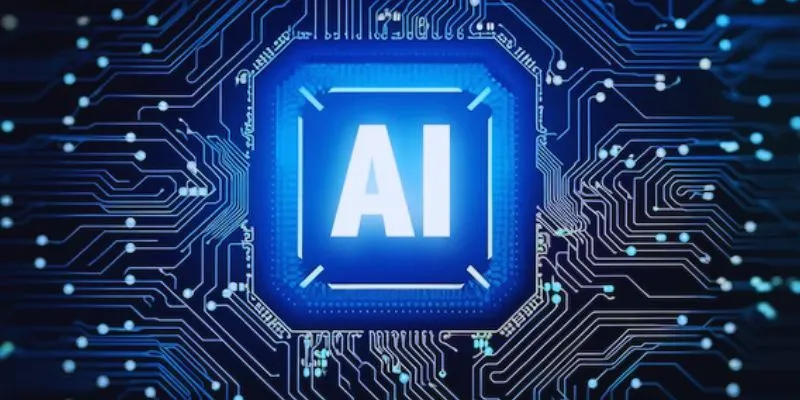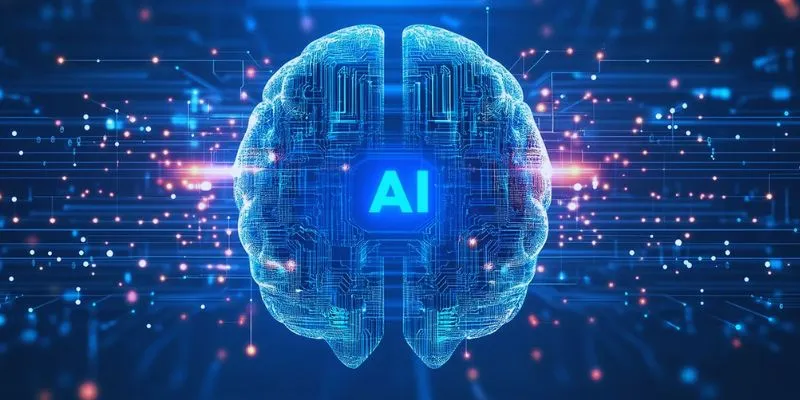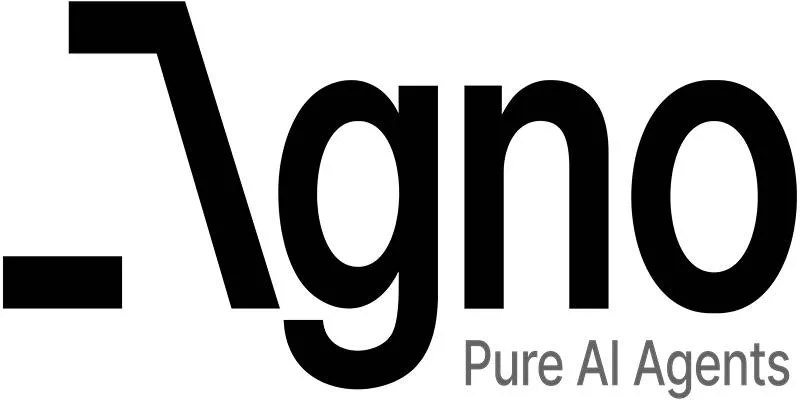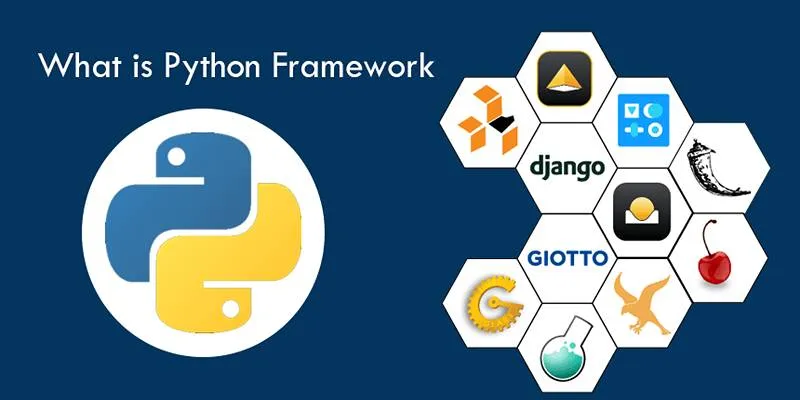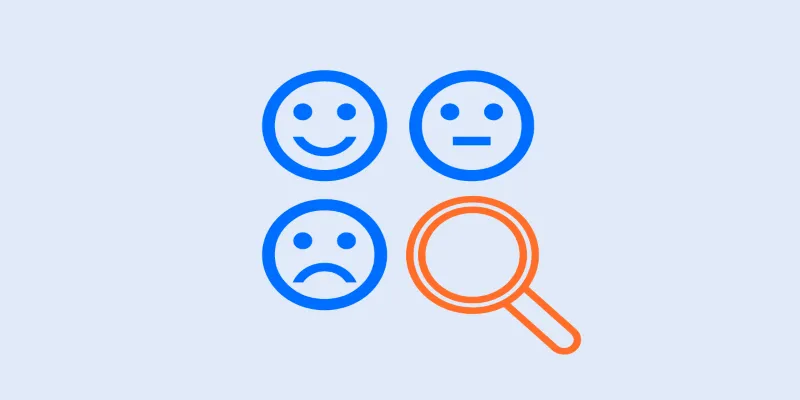In today’s rapidly evolving business landscape, artificial intelligence (AI) is transforming operations across industries. From automating tasks to enhancing decision-making processes, AI enables businesses to achieve more with less effort. However, developing AI technologies in-house requires technical expertise, skilled personnel, and significant time investment. Not every company has the resources to build AI solutions internally. This is where outsourcing becomes a valuable strategy.
Outsourcing AI development involves partnering with external experts to handle technical tasks. These professionals can create intelligent tools more quickly and often at a reduced cost. They also bring extensive knowledge and experience from previous projects. In this article, we will explore the benefits, challenges, and best practices of outsourcing AI development. You’ll also gain insights into selecting the right business partner for your AI initiatives.

What Is AI Development Outsourcing?
AI development outsourcing is the process of hiring an external firm or team to create AI solutions. These solutions may include data analysis tools, recommendation engines, chatbots, or machine learning models. The external team can be based in a different country or within the same nation. They bring technical expertise and experience to complete AI-related projects efficiently. Many businesses opt for outsourcing when they lack the necessary in-house expertise.
Outsourcing not only saves money but also shortens development timelines. It provides access to global talent and advanced tools. Some companies choose to outsource entire AI projects from start to finish, while others seek assistance for specific tasks like data preparation, model training, or testing. This flexible arrangement allows businesses to stay focused on their goals while professionals handle technical aspects. Outsourcing is a smart and practical choice for companies looking to innovate without hiring full-time developers.
Challenges of Outsourcing AI Projects
While outsourcing AI projects offers numerous benefits, it also presents certain challenges. Communication is a common issue, especially if the outsourced team operates in a different country, time zone, or cultural setting. To avoid misunderstandings, establish regular updates and clear communication strategies. Data security is another concern. AI systems often require access to company data, making it crucial to ensure that the hired team handles this data responsibly. Always use agreements and contracts, including non-disclosure agreements (NDAs), to protect your data.
Maintaining quality control is another risk. Not all outsourcing providers deliver the same level of quality. Some may overpromise and underdeliver. Before hiring, thoroughly review their past performance, client reviews, and feedback. Additionally, be cautious of hidden costs. Some firms may charge extra for updates or support after the project is completed. Agree on clear cost and project scope before starting any work.
How to Choose the Right AI Development Partner
To find the right AI development partner, start by clearly defining your project objectives. Understand your budget, timeline, and the desired outcomes of your AI system. This clarity will help you identify a suitable partner. Examine the company’s experience and portfolio, particularly in your industry. A partner with proven AI expertise will better understand your challenges. Assess their technical skills by inquiring about the tools and languages they use, such as Python, TensorFlow, or PyTorch. They should also be knowledgeable about testing, machine learning, and data processing.
Discuss their project management approach. Find out which tools they use for tracking progress and updates. Teams utilizing Trello, Jira, or Slack often have streamlined processes. Lastly, review their security and legal practices. Ensure they offer post-project support and adhere to data protection policies. A competent partner will have clear contract terms and service agreements.

When Is the Right Time to Outsource AI Development?
Outsourcing AI development is a smart choice if your company lacks the internal expertise needed. Building a full-time team can be both costly and time-consuming. In such cases, outsourcing provides a fast and cost-effective solution to fill the gap. If your business faces tight deadlines, outsourcing can speed up the process. An external team, already equipped with the necessary skills, can begin work immediately without the need for additional training.
Outsourcing is also ideal for temporary projects, such as creating a chatbot or compiling consumer data for a specific initiative. Instead of hiring permanent employees, you can outsource the work for a one-time project. Outsourcing also offers flexibility if your company wants to gradually scale its AI capabilities. Whether your needs evolve or you wish to expand your AI skills in stages, outsourcing is a perfect solution for businesses aiming to enhance their AI capabilities over time.
Popular Countries for AI Outsourcing
Several countries offer affordable and high-quality AI development services. India is a popular choice for outsourcing due to its large pool of skilled developers and strong English proficiency. The country’s established IT sector makes it an attractive destination for AI projects. In Europe, countries like Poland are gaining recognition for their technical expertise. They offer qualified developers at a fraction of the cost compared to Western nations. Both countries are known for their robust technological and engineering education programs.
The Philippines is another favored option, particularly for AI solutions related to customer service. With a high level of English proficiency and a growing IT industry, the country is an excellent choice for businesses seeking chatbots, virtual assistants, or other customer care systems. Vietnam is emerging as a strong contender for software development and cost-effective AI solutions. The nation’s young, talented workforce and expanding tech sector make it a compelling location for outsourcing.
Conclusion:
Outsourcing AI development allows companies to innovate without the constraints of building internal teams. It reduces costs, accelerates project timelines, and provides access to skilled expertise. To ensure success, companies must carefully navigate communication challenges, data security, and quality control. Selecting the right outsourcing partner is crucial for achieving desired outcomes. By defining project goals, evaluating experience, and considering security measures, companies can harness the benefits of AI outsourcing effectively. With proper preparation and the right partner, AI development outsourcing can give companies a competitive edge while minimizing risks and expenses.
 zfn9
zfn9
